The Maharashtra government has made it mandatory for city multiplexes to screen a Marathi film during peak business hours every evening. We ask a few directors if the reservation logic must also apply to indie and small-budget films

Sulemani Keeda
The state government's decision to allot prime time slot to Marathi films in multiplexes across the city has sparked off a debate among Bollywood folk. The new rule, which aims at providing a boost to the regional film industry, will require cinemas to screen at least one Marathi movie between 6pm and 9pm.
ADVERTISEMENT
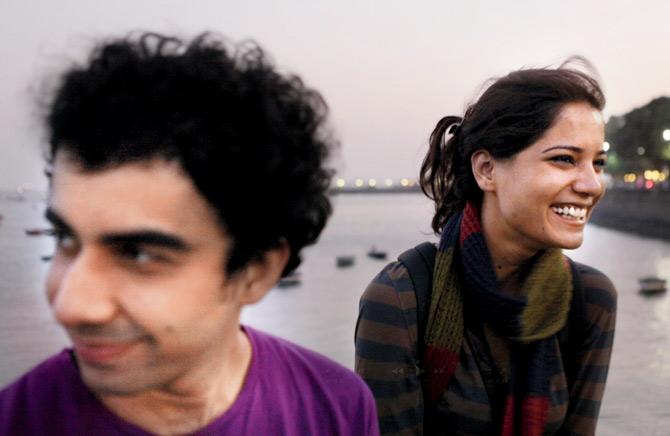
'Sulemani Keeda' did the festival rounds for two years before making it to big screen last November
In light of this development, hitlist asked a few directors if such reservation must also be extended to indie and small-budget films, which are often overshadowed by commercial projects for the want of a glittering star cast or backing by a bigshot production house. We got a mixed bag of responses...
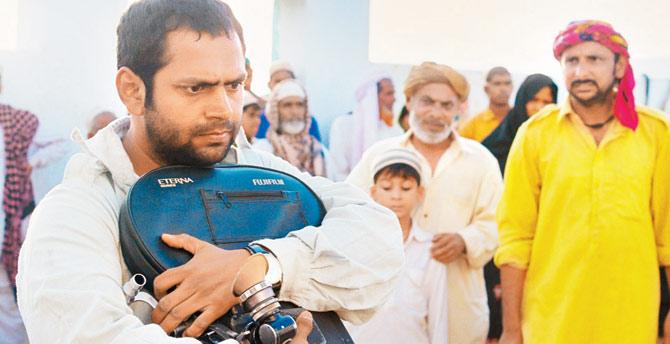
Made on a low budget, Nitin Kakkar's debut film 'Filmistaan' struggled for a theatrical release, and when it did hit the marquee, it received rave reviews
Flicker of hope
Indie filmmakers feel their projects deserve to find a wider audience and are hopeful that the government would come to their aid sooner or later. Subhash Kapoor, director of the National Award-winning 'Jolly LLB' that was centered on quirky courtroom drama, says, "Not just indie films, but all small-budget movies should get good time slots. Such films never get their due and hardly get decent shows."
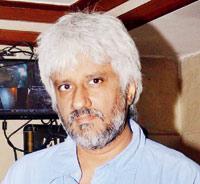
Vikram Bhatt
Ajay Bahl, who helmed the critically-acclaimed 'BA Pass' starring Shilpa Shukla, echoes his views. "Any kind of exhibition is good," he says, before adding: "But the parameters of what really is indie are quite vague. This is a worldwide scenario. So, I am not too sure about the practicality of the idea."
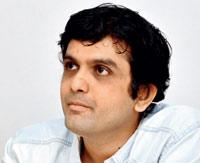
Amit Masurkar
Agrees Amit Masurkar, director of the urban indie comedy Sulemani Keeda, which did the festival rounds until it found a theatrical release last December and garnered rave reviews. "It is difficult to define an indie film in India and in today's day and age, a truly independent film will find its audience online. Theatre chains should come on their own to promote new-age cinema if they don't want to be left behind in tapping that audience," he states.
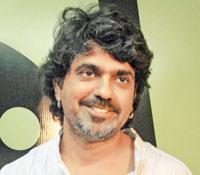
Nitin Kakkar
Not done
Commercial directors like Vikram Bhatt feel that entertainment should not be reserved. "If a film is good, there is no stopping it. If it is not, there is no pushing it. Reserving show times for a particular kind of film is immature and shows the lack of understanding of proper exhibition structure," he says.
Bhatt adds that the 6-9pm is the weakest slot and if one makes a niche film, he is less likely to get an optimal release. "It can only be screened at festivals. I don't think reservation is a way to safeguard these films. Give them some incentive and subsidy so that they don't have to risk their money. You can't pique the audience's interest by reserving certain shows for them," he avers.
Also of the same view is Sriram Raghavan, whose last film Badlapur found both critical and commercial success. "There are a dozen ways how our government can help regional as well as indie cinema reach more audience.
But it should not be done as a diktat, but as a mission," he asserts.
Milan Luthria swears by hardcore economics too. "I don't agree with the concept of blocking slots for anyone. Moviemaking is a result-oriented business and one of free enterprise. The quality and popularity of the product should dictate how many shows it deserves," says the director who has helmed off-beat projects like The Dirty Picture, Taxi No 9211 besides Once Upon A Time in Mumbaai and its sequel.
A bigger platter
Moviegoers deserve to be treated to different genres of cinema and for that, they must have plenty of options to choose from, says director Nitin Kakkar, who shot into the limelight with his debut film Filmistaan last year. "I believe in the co-existence of all kinds of films, be it mainstream or independent and in any language. The problem is that only one kind of cinema is reaching the audience. It would be wonderful if smaller budget films with great concepts reach people. Then the audience can decide what they want to watch," he adds.
Kakkar, however, mentions the need to monitor that filmmakers do not misuse the idea of reservation by pushing any random film as indie or small budget.
Content matters
Vipul A Shah, who has worked with massy actor Akshay Kumar in five out of his last six projects, believes that the show timings hardly matters. "If it's a good film, people won't mind coming to the theatres even at 4am. So, we should concentrate more on content rather than other issues like show slots," he suggests.
 Subscribe today by clicking the link and stay updated with the latest news!" Click here!
Subscribe today by clicking the link and stay updated with the latest news!" Click here!






